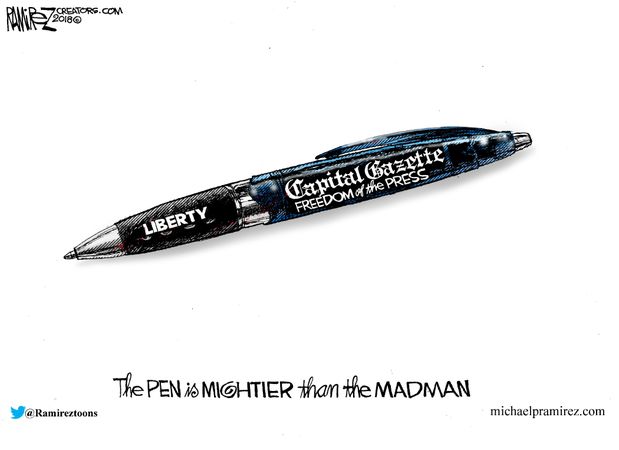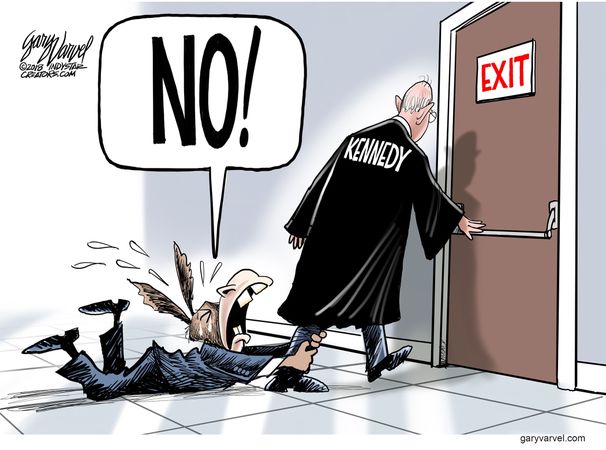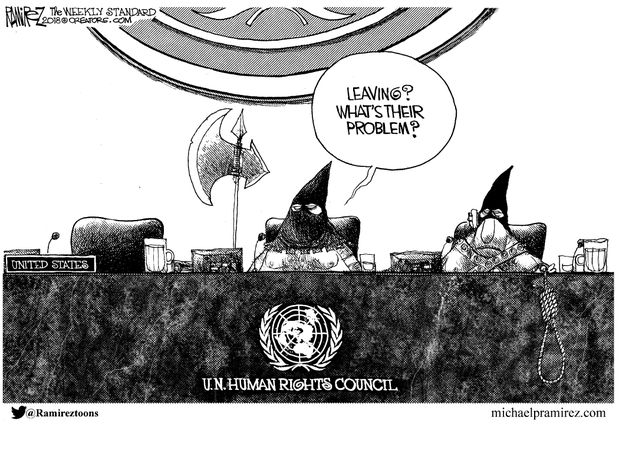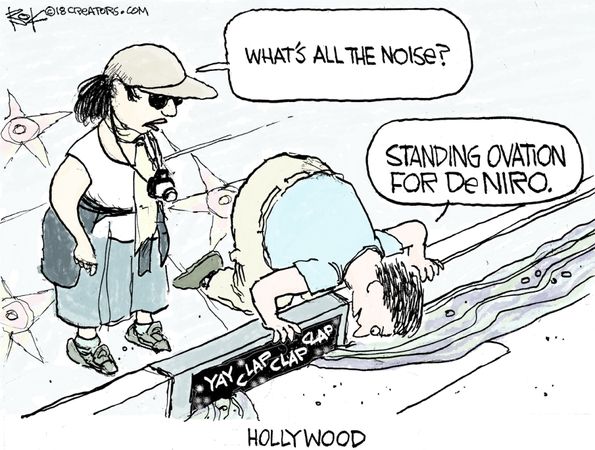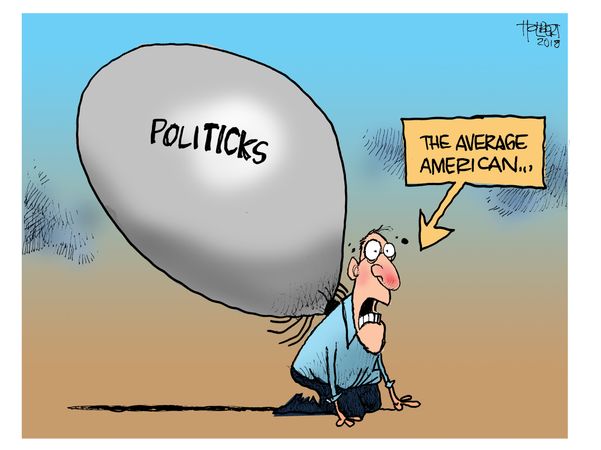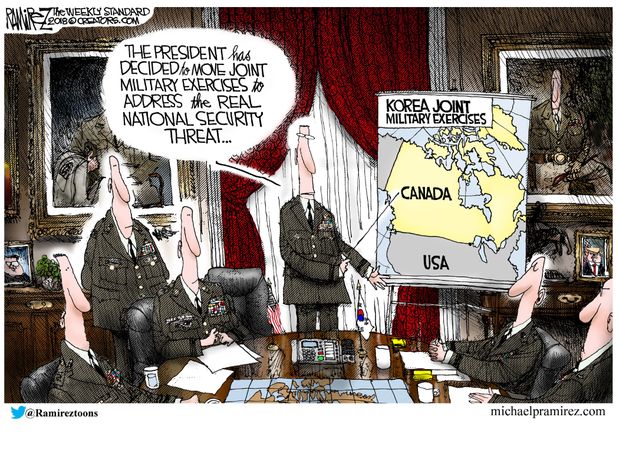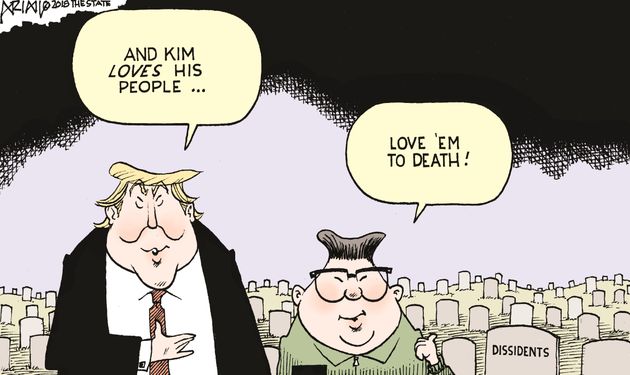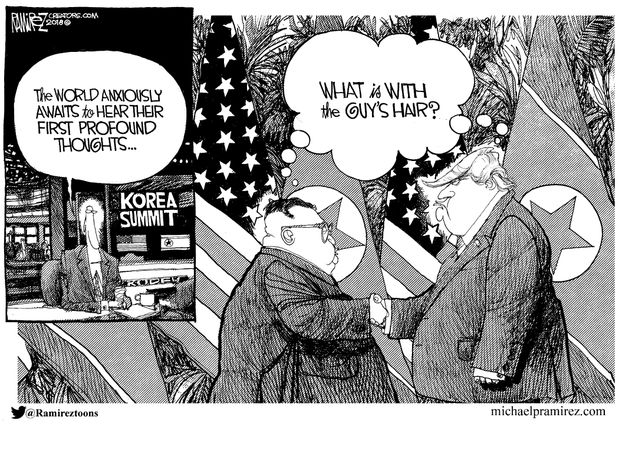One of the characteristics of highly-intelligent people (humbly-asserted) is that we can almost zone out when we're focusing on something, even though we might be focusing on multiple things at the same time. [Zoning our can be highly embarrassing; someone may come to talk to me in a cubicle, touch me, and startle the hell out of me from my near trance; in a more embarrassing case, I started singing along with Anne Murray's version of "Daydream Believer" coming over the radio, and I didn't even realize I was doing it until my supervisor shook my shoulder.] For example, while I'm writing a commentary in the blog, I'm often doing other things, like watching television or listening to a podcast. For example, I may be watching one of those highly rotated Hallmark channel movies, and I'll more or less follow the main plot, ending, etc., but say the movie plays a few days later, I'll find myself noticing certain scenes I didn't commit to memory. I recently mentioned this in a tweet about Trump's xenophobic adviser Stephen Miller. All of a sudden this insane rant on undocumented aliens basically interrupted my foreground focus, and highly annoyed, I thought to myself, "Who is this insufferable asshole?" It wasn't anyone I had heard before; it was a Sunday talk soup podcast and had to go back a while to pick up his introduction. I used to download video podcasts, (and usually they'll caption a guest's name during interviews.)
So in this case I think it was a famous Harvard law professor (maybe
Dershowitz, but don't quote me, because I haven't traced back to the original source yet). I remember odd bits and pieces of the interview, like the interviewer asking him if he wanted to be considered as Kennedy's replacement, and he laughed it off, saying he was too old and he might have had a different answer 25 years ago. He was moaning about political partisanship on the court, and his key example was Bush v Gore, which he claimed to have written about in a book (that should have been enough to go on but maybe my Google search wasn't specific enough). He also whined about a true "conservative" needing to follow the practice of stare decisis, basically tying a justice to preceding rulings (which suggests that a conservative should lock in a recent progressive-majority ruling vs. overruling it on legal principle). There are dozens, if not hundreds of cases I would reverse in a heartbeat--Roe v Wade, Filburn, Carolene Products, Japanese internment, etc.; I don't give a damn if "all hell breaks loose". By the way, that is wildly exaggerated. For example, the likely effect of Roe v Wade would be restoration of individual state policies. A national ban on abortion would likely require an unlikely Constitutional amendment.
Bush v Gore is a particular pet peeve. In my view, critics of the Bush decision are totally off-base. I am not a trained lawyer, and I'm sure there are a lot of legal nuances I would need to examine to play the debate game on a "progressive" lawyer's home court. But here are the indisputable facts: the Florida vote was called for Gore by the media before voting was over in the CST Florida panhandle. I'm absolutely certain this played for Gore and against Bush, i.e., if I'm heading home to vote (for Bush) and I hear the news coming over the radio that casting my vote won't even count, why the hell go to fight long lines to vote? And, if you look at
recent maps, the panhandle is a reddish part of the state vs. the Democratic stronghold of southeast Florida (i.e., the Miami area and nearby counties.
Now what almost every account on this kerfuffle fails to discuss is that Bush won, plain and simple, by purely objective measures of voting measurement: machine counting. He didn't just win the first machine count, but a second machine count. I don't care how many people may have voted for the wrong person, how many defective votes discarded, how close the election was, how entitled Gore may have been to ask for a recount, etc. Bush won fair and square by objective measure, not notoriously unreliable subjective criterion.
Bush needed Florida's electoral votes to win. This was never a case where Gore had a sound statistical case that any machine voting aberrations would happen in Democratic-controlled southeast Florida, with almost all of them, surprise, surprise, in Gore's favor. It is just as likely, if not more, that Bush "lost" an offsetting number of votes, by Gore's standard. It was clear that Gore's strategy was to pick and choose places where he hoped to skim off enough disputed votes to reverse Bush's victory margin and freeze the results.
Gore never desired or wanted a state recount, including a third machine recount, until it was clear that his attempt to steal the election in cherrypicked Democratic strongholds wasn't going to work and he had nothing left to lose. I'm not even going to review the awful Florida state supreme court's awful, highly politicized miscarriage of justice.
There were 2 decisions in Bush v Gore. The key decision was whether Gore's strategy of cherry-picking strategy violated equal protection under the law: the ruling was 7-2 yes. Not disputable: it's clear from context. The second, more narrow decision was essentially whether the State of Florida could do a constitutional statewide recount (involving consistent subjective criteria) before the Constitutional-provided time frame for the electoral college. That one was more of a subjective one and the majority lost a couple of liberal votes. The fact is, if you know anything about applied statistics, it was extremely unlikely for Gore to win under ANY Constitutional consistent recount period. So a lot of legal scholars didn't like the precedent SCOTUS blowing the whistle and declaring the election over. But this whole kerfuffle started with Gore's morally reprehensible attempt to steal an election. He was a sore loser and a contemptible bastard.
We averted a Constitutional crisis where possibly Florida would have been disenfranchised from the electoral college, which would have meant throwing the election into the GOP-controlled House.
We were warned that we would soon face our day of reckoning as ballots become available to the press, as the press would purportedly validate Gore's victory. I'remember hearing this bullshit, having done statistical analysis in empirical research and thinking, "Shut up: you're drunk." And the media, later quietly released the information a couple of years later, that, yes, Bush had in fact won when we counted all the ballots. Did the legal "experts" accept the press' validation of SCOTUS' 5-4 decision to stop the nonsense? Of course not: being a lawyer doesn't imply a commitment to the truth.
"Progressives" have never let go of Bush v Gore. Gore could have probably won a rematch considering Kerry's narrow loss. I'm sure we'll hear this case recited time and again before Trump's nominee is confirmed. I've had my say for now and don't see the need to repeat myself unless there are new disingenuous talking points.
